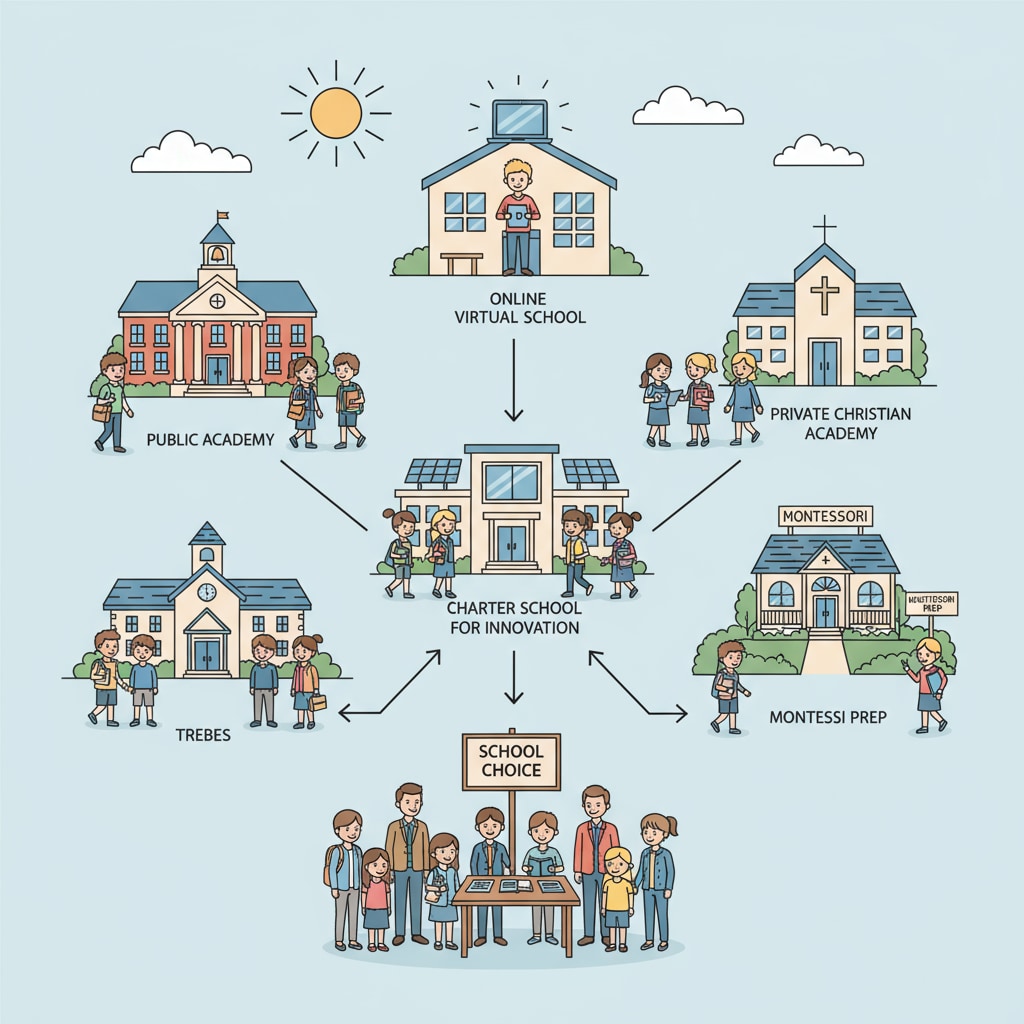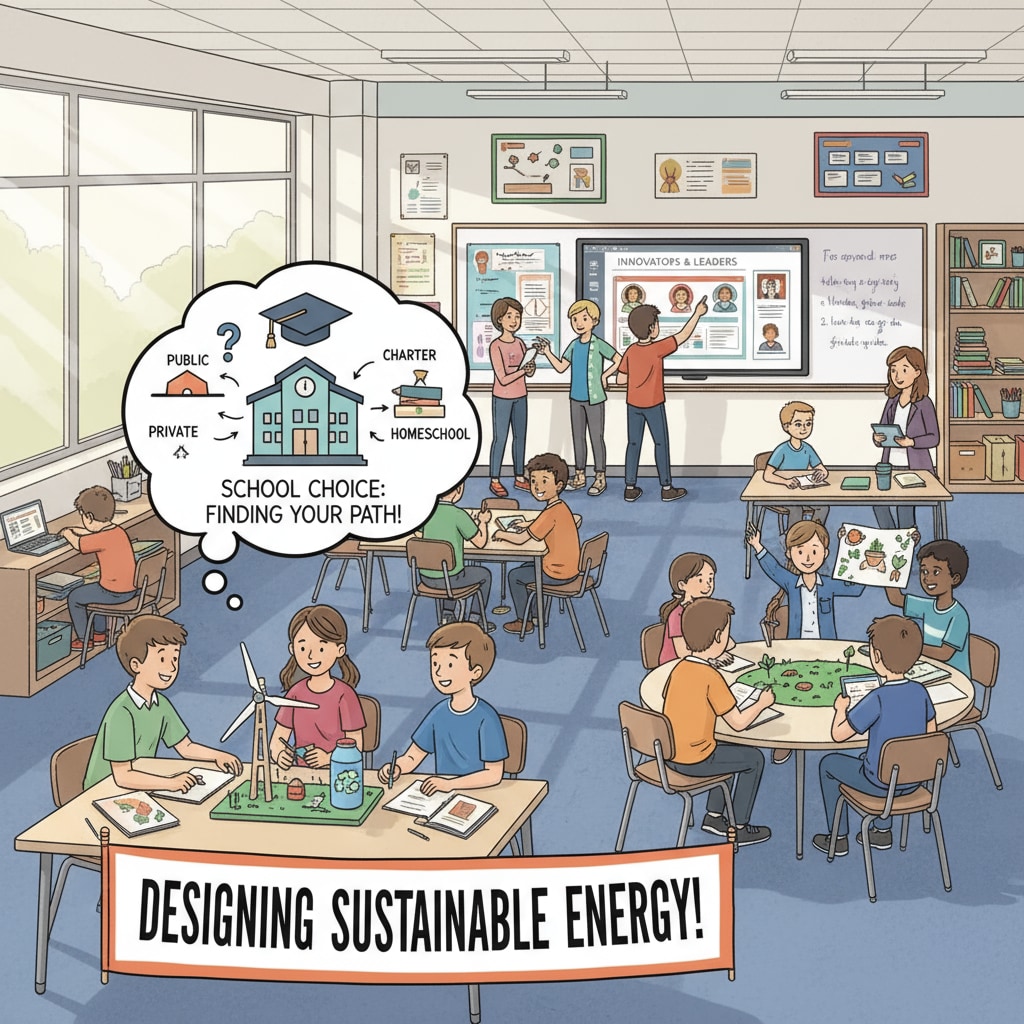School choice, political controversy, and education policy are intertwined elements in the contemporary K12 education landscape. The concept of school choice has become one of the most debated topics, with its roots deeply embedded in the conflict between educational equity and individual freedom.

As we delve into this issue, it’s essential to understand the various perspectives and the far – reaching implications it holds for the education ecosystem.
The Concept of School Choice
School choice refers to the ability of parents and students to select the educational institution that best suits their needs, rather than being assigned to a school based on geographical location. This can include options such as charter schools, magnet schools, private schools, and homeschooling. In theory, school choice aims to provide more opportunities for students to access high – quality education. For example, charter schools often have unique educational models, like project – based learning, which can attract students who thrive in such an environment. School choice on Wikipedia

The Political Controversy Behind School Choice
The idea of school choice has sparked intense political debate. On one hand, proponents argue that it promotes competition among schools. When schools compete for students, they are incentivized to improve their educational quality, offer better programs, and hire more qualified teachers. This, in turn, benefits students as they have more choices and can access better educational resources. On the other hand, opponents worry that school choice can lead to social and economic segregation. For instance, if wealthier families are more likely to send their children to private or high – performing charter schools, it can leave less – privileged students in underfunded and underperforming neighborhood schools. School choice on Britannica
Another aspect of the political controversy is related to funding. When students move from traditional public schools to other types of schools through school choice, the funding often follows the student. This can create financial challenges for traditional public schools, which may already be struggling with limited resources. As a result, there are ongoing battles over how to allocate funds fairly across different types of educational institutions.
Impact on the Education Ecosystem
School choice has a profound impact on the education ecosystem. It can disrupt the traditional model of neighborhood – based schooling. In some areas, the influx of students into charter or magnet schools has led to a decline in enrollment in traditional public schools. This, in turn, can affect the school’s ability to offer a wide range of courses and extracurricular activities. However, it also forces traditional public schools to reevaluate and improve their educational offerings to retain students.
In addition, school choice can influence teacher recruitment and retention. Teachers may be attracted to schools that offer more resources and a more innovative teaching environment. This can create disparities in the quality of teaching staff across different schools. For example, schools with more resources may be able to hire teachers with more advanced degrees and teaching experience, while underfunded schools may struggle to attract and keep qualified teachers.
Readability guidance: As we’ve seen, school choice is a multifaceted issue. It involves a balance between providing educational freedom and ensuring educational equity. The political controversy surrounding it reflects the different values and interests at stake. Moving forward, policymakers need to find solutions that can harness the potential benefits of school choice while minimizing its negative impacts on the education ecosystem.


